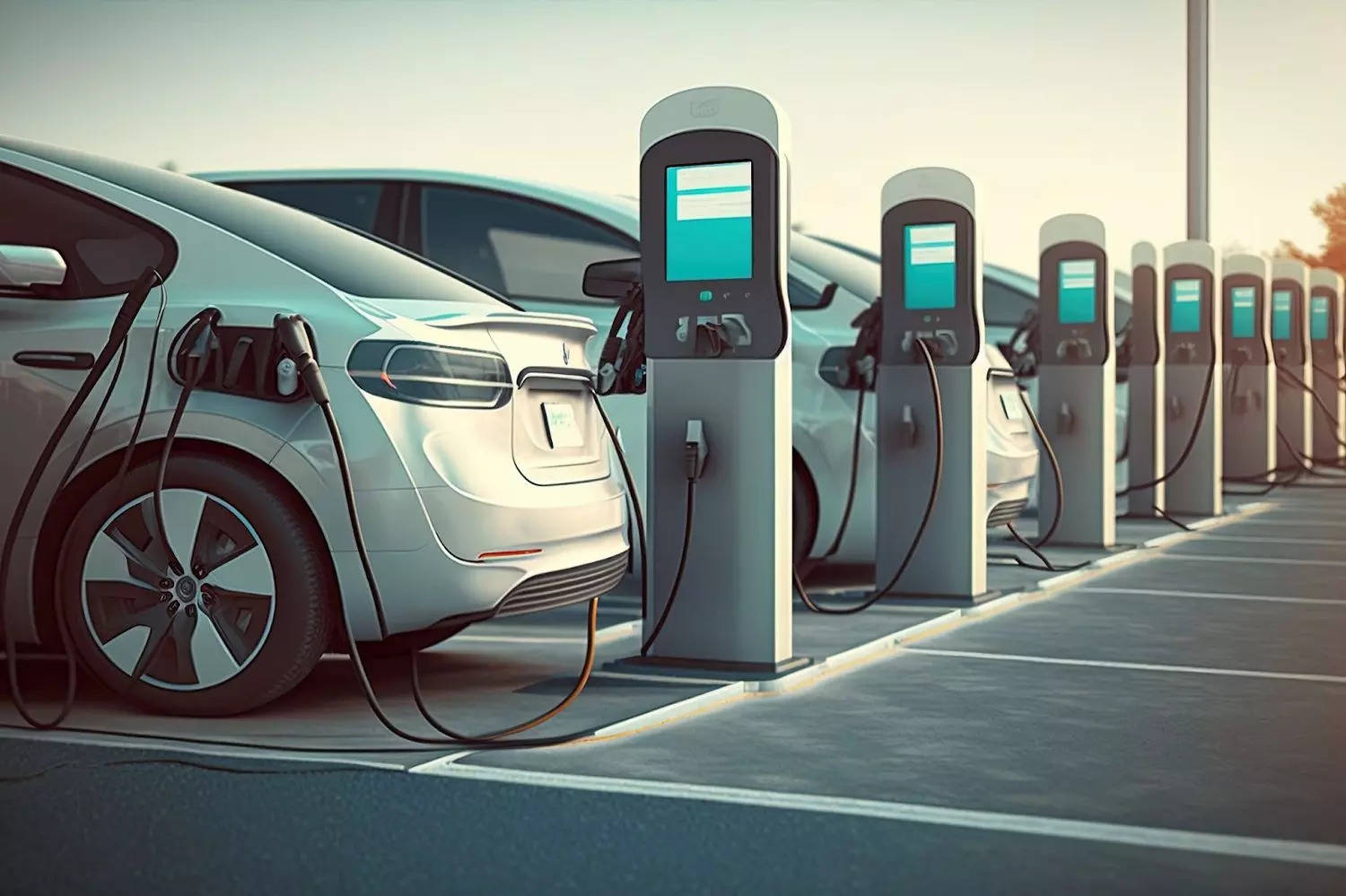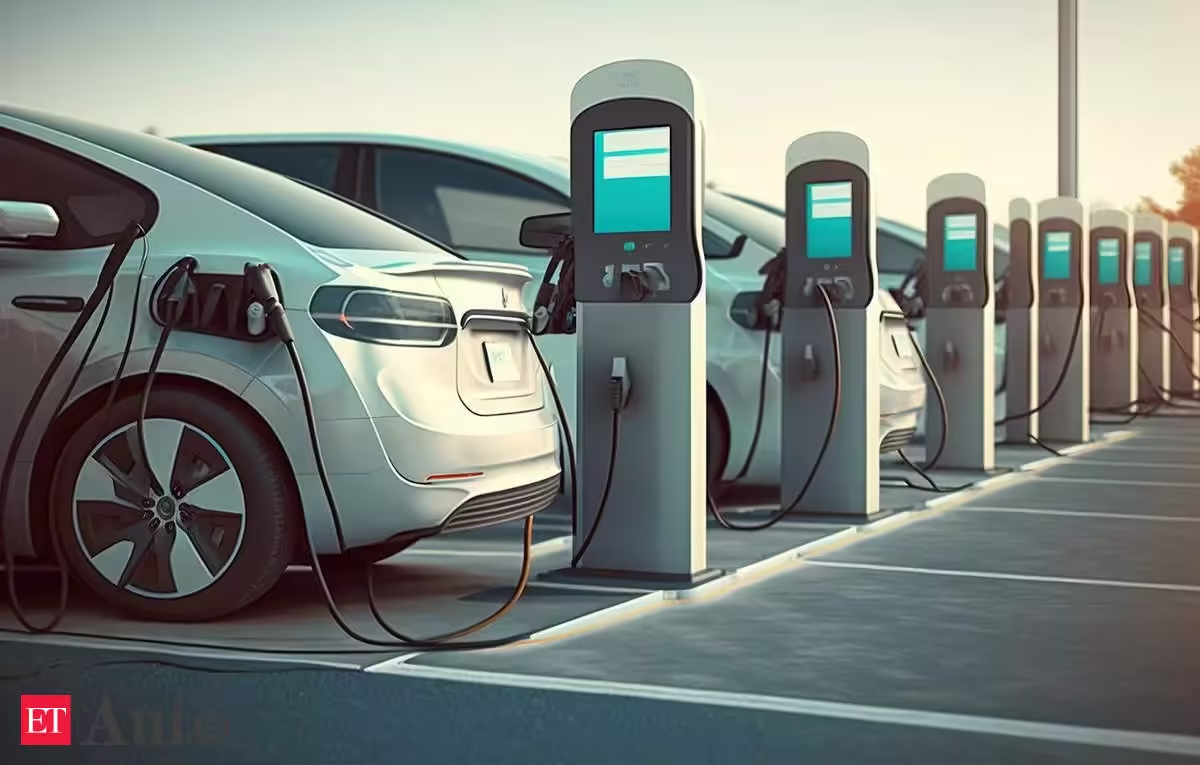
Local subsidiaries of Volkswagen Group, Hyundai Motor and Toyota Motor are likely to apply under India’s electric vehicle (EV) policy, which allows companies to import a certain number of high-end EVs at a concessional tariff, provided they agree to make long term investments in domestic manufacturing, said people aware of the development.
The decision of the companies will depend on final guidelines, or standard operating procedures, of the policy that the government is expected to announce in the next three to four months, the people said.
The Scheme to Promote Manufacturing of Electric Passenger Cars in India was unveiled in March, this year.
Consultative dialogues
It had raised hopes that Tesla would finally enter the local market, but the iconic US electric carmaker has, so far, not made any firm commitment to building a domestic factory.
Volkswagen, Hyundai and Toyota have shown interest as the government began deliberations and consultative dialogues with the industry, following a lukewarm initial response.
“The VW Group was always keen to participate in the EV policy as it allows import of acertain number of battery electric vehicles at a concessional duty,” said a person aware of the plans of the German group, which operates its India business under subsidiary Skoda Auto Volkswagen India. “In all likelihood, the group will submit its application once the guidelines are out,” the person added.
“We are studying, in detail, the impact of this latest EV policy, and will evaluate the way forward accordingly,” said a company spokesperson.
Greenfield & brownfield
Among other things, the decision has been prompted by the likelihood of the government considering a combination of investment in greenfield and brownfield (expansion in existing plants making fossil fuel-run vehicles) to meet the total investment threshold, said the person aware of the company’s plans. “That’s an ask by all manufacturers that are keen to participate,” said a government official.
The guidelines which are in the process of getting firmed up will be common for all, the official said, declining to comment further.
Under the policy, the government may consider investments in plants producing both fossil fuel-powered and electric vehicles as eligible for incentives to add scale and make large investments viable for automakers, ET reported on July 8.
India levies a 70-100% duty on cars imported as completely built units. But the policy proposes a 15% duty cut on EVs valued at a minimum USD 35,000 (including insurance and freight) for up to five years if the companies invest at least USD 500 million in building new plants. They may set up new manufacturing facilities or deploy EV charging stations to meet the minimum investment requirement.
A Hyundai Motor India (HMIL) spokesperson said the government is discussing with the industry a programme for widespread EV manufacturing and adoption. “HMIL has been making in India for over 26 years and welcomes any step to promote local manufacturing that offers innovative and safe mobility solutions to people and job creation. We await the rollout of the final policy and guidelines,” the spokesperson said in an email response to ET’s questions.
An email sent to the Toyota Kirloskar Motor’s spokesperson remained unanswered till press time on Wednesday.
Both Toyota and VW Group have committed fresh investment in Maharashtra a few months ago. TKM is set to establish a greenfield manufacturing facility at Auric City in Chhatrapati Sambhaji Nagar with an investment of INR 20,000 crore. The factory is expected to produce 4,00,000 vehicles annually, including electric and hybrid cars, the company said in July.
In September, Skoda Auto Volkswagen India said it would invest INR 15,000 crore to expand capacity. The investment would include electric vehicle manufacturing.
Industry workshops
The government has appointed IFCI as its project management agency for the scheme. IFCI, in turn, has engaged consulting firm KPMG to assist it with making the guidelines, said the people cited earlier.
IFCI is also the project management agency for various production-linked incentive schemes. It was entrusted with the task of verifying and monitoring capital subsidy schemes such as the Faster Adoption of Electric (FAME)—renamed the PM E-Drive—scheme earlier this year.
On Tuesday, executives from the finance departments of auto companies, other representatives and senior officials from the ministries of commerce and heavy industries met for the second time in less than a month at a workshop on domestic value addition rules (DVA).
To avail of the EV subsidy, companies need to comply with up to 50% minimum DVA and expand production capacity in India. “A lot of MNCs didn’t participate in the PLI (schemes). Therefore, the workshop conducted on Tuesday was more of a tutorial for the companies to understand the fine print of DVA,” said an auto industry executive who attended.
To learn more about the electric vehicle ecosystem and meet the key industry leaders, click here.


